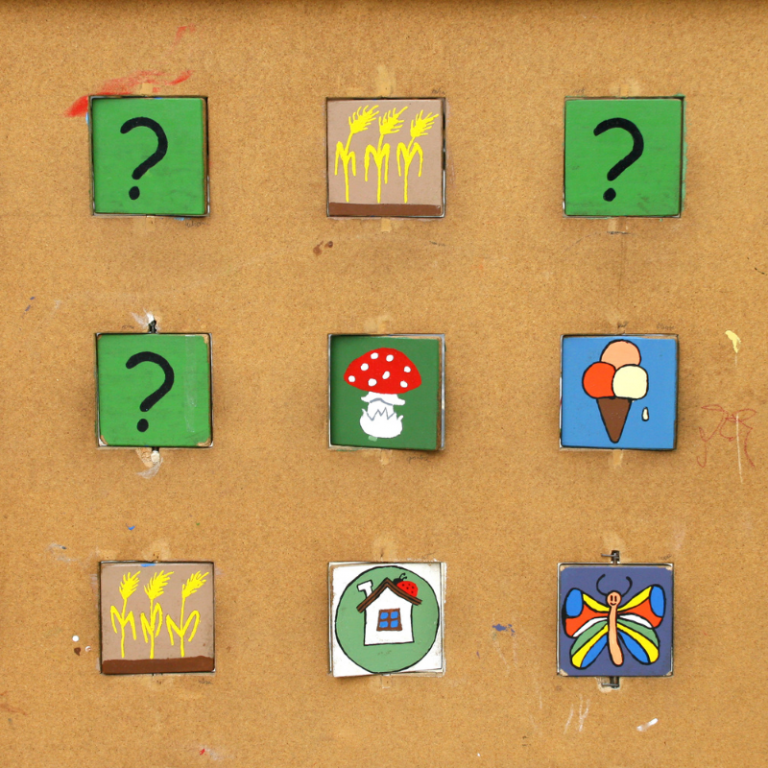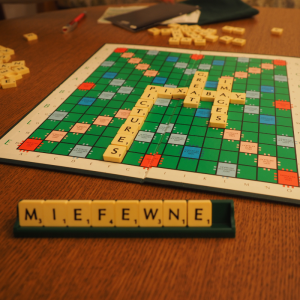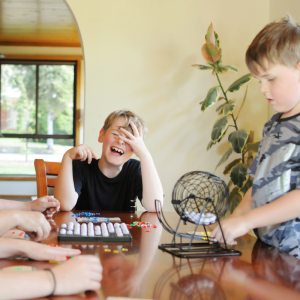What Are The Benefits of Group Learning For Children?
Author: Nicole Sage
Date: 12/05/2023

Group learning has long been proven that it can offer many benefits to children of all ages.
Whether it is in a classroom setting, an online class or a more informal setting, such as a study group, children can learn a lot from their peers, and it can boost their performance too.
At Meridian English, our unique style of teaching in small groups facilitates real interaction between students, whilst also allowing the teacher to take individual needs into account. 1-to-1 sessions can become a sterile environment for practicing language as natural opportunities to communicate are difficult to recreate.
We know that group learning can help to facilitate growth and knowledge when it comes to learning a language, so let’s take a look at some of the main benefits of group learning for children.

What Are The Benefits of Group Learning For Children?
It Helps To Improve Social Skills
Group learning provides children with the opportunity to interact and communicate with their peers.
This can help them develop their social skills, such as how to listen and respond to others, how to work collaboratively on a project, and how to give and receive feedback.
These skills are essential for success in school and in life, and listening and learning with peers forms a perfect foundation for effectively learning a language.
Encourages Teamwork
Group learning encourages teamwork, which is a vital skill that children will need in their future careers.
By working together on a project or group activity, children learn how to divide tasks, share responsibilities, and communicate effectively with each other.
These skills will help them work more efficiently and effectively in their future jobs.

Meridian English - more than just English lessons.
Builds Confidence
Group learning can help build confidence in children. When they work with their peers, they can learn from each other and feel more comfortable sharing their ideas and opinions.
This type of setting can also provide a supportive environment where children can feel more confident in expressing themselves and their ideas.
When it comes to practicing a language, a group setting helps to build confidence even faster, and take learnings from the other students.
Enhances Learning
It Learning in a group can greatly enhance a child’s learning experience. When children work together, they can learn from each other’s strengths and weaknesses. They can also share their perspectives and insights, which can deepen their understanding of a topic.
This type of setting can also provide children with a broader range of ideas and perspectives, which can help them to think critically and creatively.
It’s one of the reasons we pride ourselves on mixed nationality group learning lessons. In small groups, these student-to-student interactions can occur both naturally and be easily facilitated by the teacher.
Encourages Problem-solving
It can also encourage problem-solving skills in children. When children work together, they can face challenges and solve problems together. Group settings for problem solving is something that we see in school, university and throughout our career in team building exercises.
This can help them develop their critical thinking and problem-solving skills. It can also help them learn how to negotiate and compromise, which are important skills for success in life.

Creates A Sense of Community
Group learning can create a sense of community among children, when they work together, they can develop a sense of belonging and connectedness.
This can help them feel more engaged and motivated to learn each lesson. It can also help them develop positive relationships with their peers, which can lead to lifelong friendships.
Fosters Creativity
When children work together in a group learning setting, they can come up with new and innovative ideas.
They can also provide instant feedback and support to each other, which can help them refine and improve their ideas.
Group learning can also provide children with a safe environment to experiment and take risks, which is essential for creative thinking.
Provides Feedback
Finally, group learning provides children with feedback on their work. When they work with their peers, they can receive constructive feedback on their ideas and projects. This can help them improve their work and develop their skills. Group learning can also help children learn how to give and receive feedback, which is an essential skill in school and in life.
Group learning has many benefits for children and it’s one of the main reasons our online English lessons are conducted in small mixed nationality groups. In the right setting children can thrive, it can improve their social skills, encourage teamwork, build confidence, enhance learning, encourage problem-solving, create a sense of community, foster creativity, and provide feedback.
Group learning provides children with a supportive environment where they can learn from each other and develop essential skills for success in school and in life.
Looking to take your young learners’ English language to the next level? Our online English classes for children aged 5-15 will take them from beginner to confident English speaker in a supportive group setting, book your course today.


















